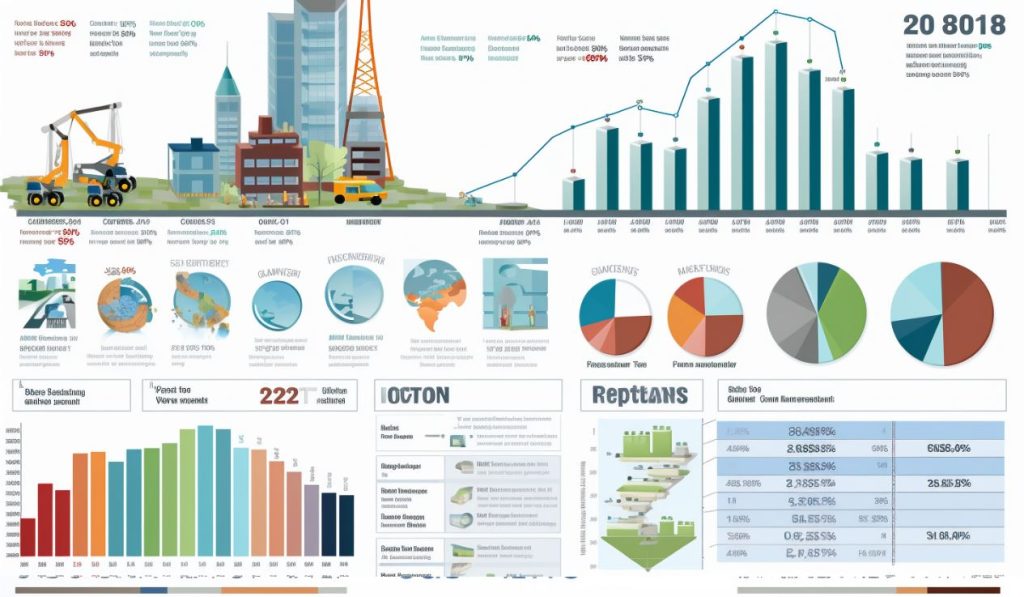Building cost analysts in architecture are professionals who calculate the possible cost of construction projects. They analyze all facets of the construction, from raw material costs to labor charges.

The process can be categorized into several key stages:
This where the analyst reviews detailed architectural plans to fully understand the project’s scope.
Based on the architecture plans, the analyst then estimates the cost of the necessary materials.
Building cost analysts also estimate the cost of labor by determining the amount and type of labor required for each construction stage.
4.The duration of the project can greatly influence costs, especially considering factors like interest during construction periods and inflation.
This involves figuring out the costs of management, utilities, equipment rentals, insurances, and any other indirect costs related to the project.
Construction projects often experience unexpected issues, delays, and increases in expenses. The analyst must account for these unforeseen costs.
The analyst compiles all the previously mentioned cost calculations and risk assessment into a comprehensive report, which is then provided to decision-makers.
During the construction phase, the building cost analyst may also monitor the actual costs incurred versus the estimated costs, to ensure that the project is staying on budget.
9.If there are discrepancies between the estimated and actual costs, the analyst should identify the variances and determine their causes.
10.After the project’s completion, the analyst reviews the overall cost performance so that future projects can learn from past successes or mistakes. This analysis can contribute valuable insights to enhance cost efficiency in future projects.
